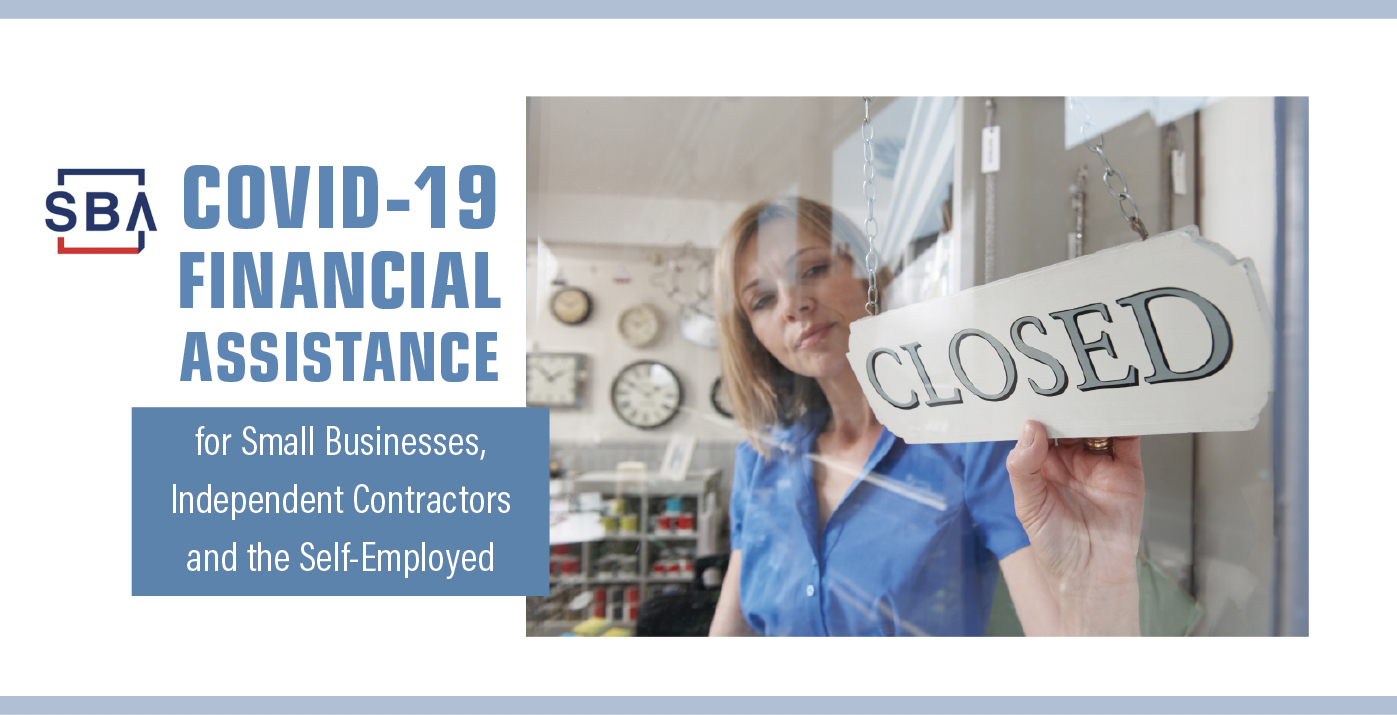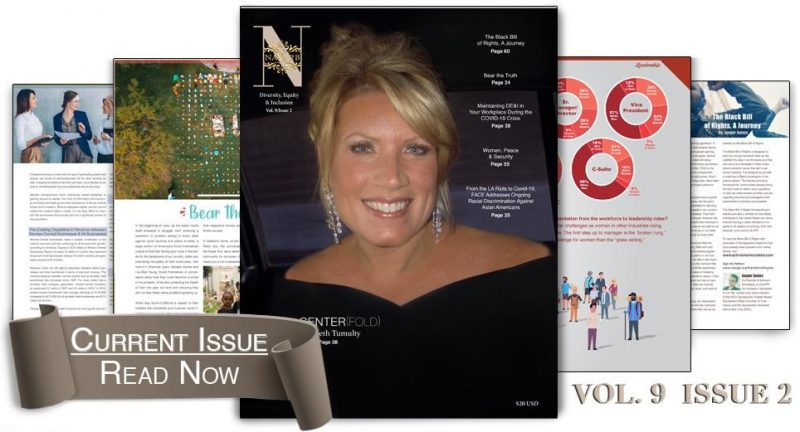
Full Magazine
NAWRB is proud to introduce our Diversity, Equity, & Inclusion Volume 9, Issue 2 Magazine that offers an in-depth look into how the recent COVID-19 pandemic has affected diversity, equity, and inclusion in many facets of the housing and real estate ecosystem. This issue features the voices of different minority groups, who have all been affected by the current public health and economic crisis in unique ways – from Blacks and Asian Americans who have suffered from perpetual racial bias and discrimination in our nation’s troubled history to the adverse impact the pandemic has had on the aging population and the economic growth and security of women. Continue reading

 Login
Login




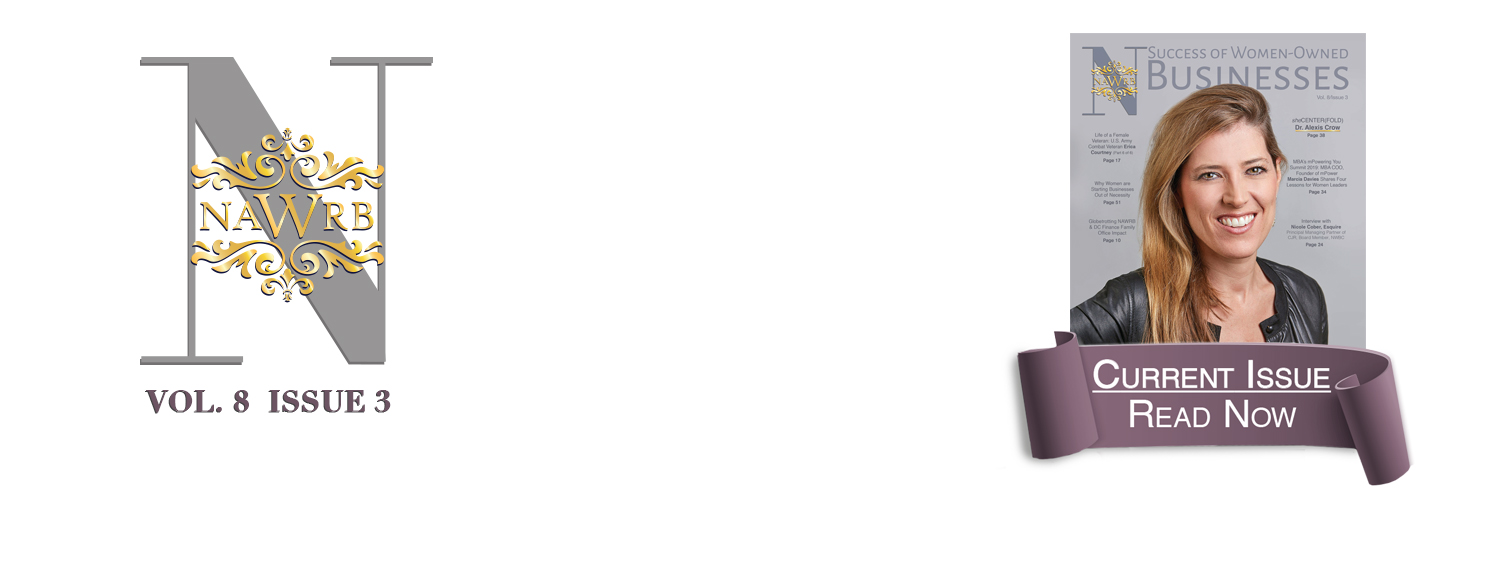
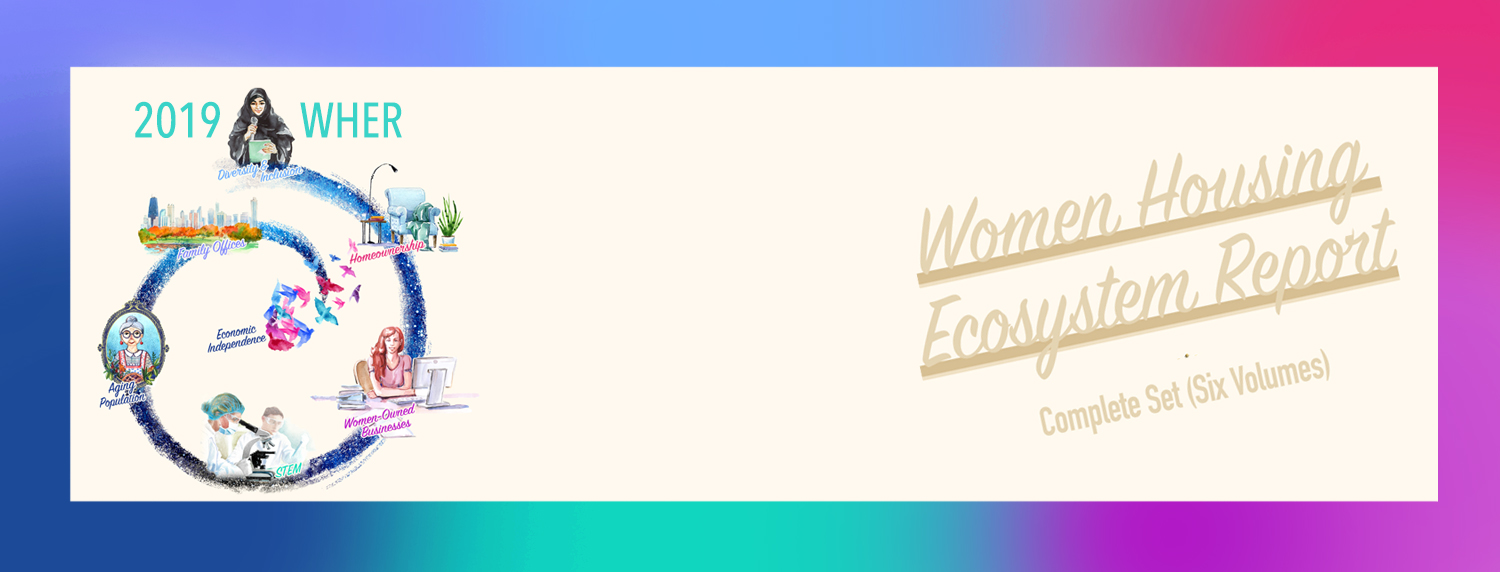







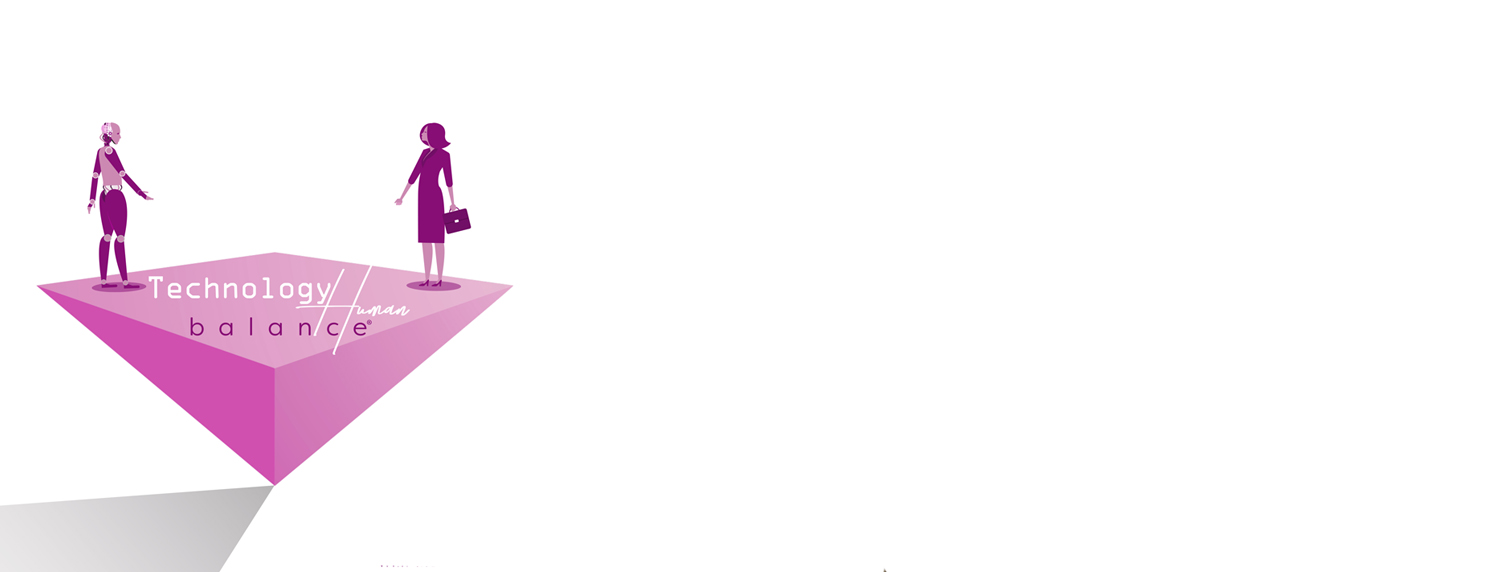


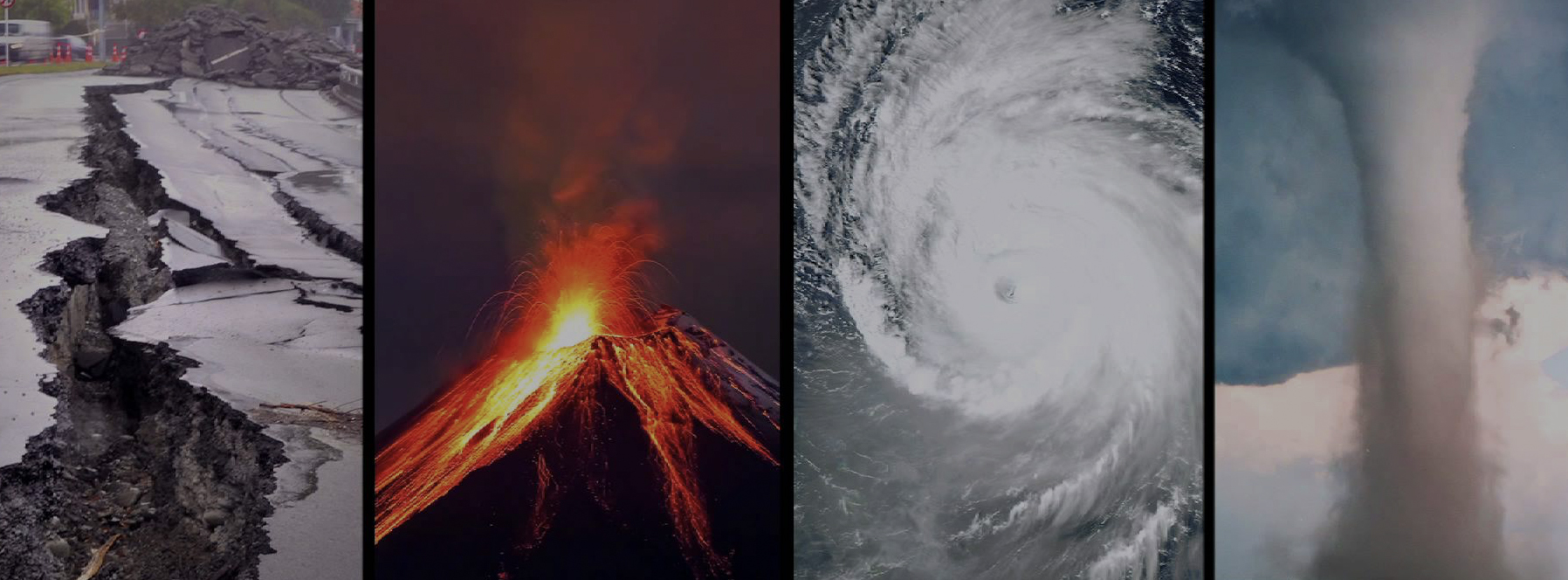

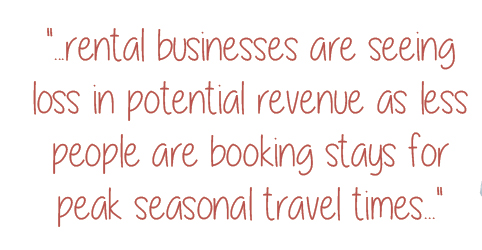 Business owners and travelers can purchase insurance policies for unforeseen cancellations, yet very few, if any, have clauses about pandemic coverage as this situation is unprecedented. It is resulting in a substantial revenue loss for businesses who depend on the funds from renting out their properties to pay their mortgage and make other necessary payments, or as a source of passive income. In addition, many short-term rental businesses are seeing loss in potential revenue as less people are booking stays for peak seasonal travel times, including holidays, both domestically and internationally, when hosts make most of their revenue.
Business owners and travelers can purchase insurance policies for unforeseen cancellations, yet very few, if any, have clauses about pandemic coverage as this situation is unprecedented. It is resulting in a substantial revenue loss for businesses who depend on the funds from renting out their properties to pay their mortgage and make other necessary payments, or as a source of passive income. In addition, many short-term rental businesses are seeing loss in potential revenue as less people are booking stays for peak seasonal travel times, including holidays, both domestically and internationally, when hosts make most of their revenue.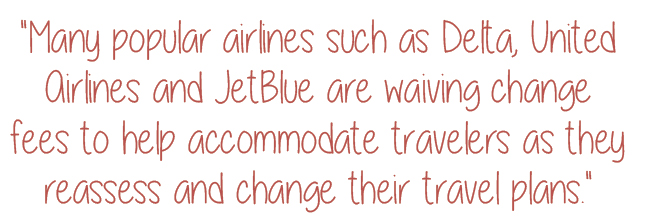 “Reservations made on or before March 14, 2020 for stays and Airbnb Experiences, with a check-in date between March 14, 2020 and April 14, 2020, are covered by the policy and may be cancelled before check-in. Guests who cancel will receive a full refund, and hosts can cancel without charge or impact to their Superhost status. Airbnb will refund all service fees for covered cancellations. The host’s cancellation policy will apply as usual to reservations made after March 14, 2020, and to reservations made on or before March 14, 2020 with check-in dates after April 14, 2020.”
“Reservations made on or before March 14, 2020 for stays and Airbnb Experiences, with a check-in date between March 14, 2020 and April 14, 2020, are covered by the policy and may be cancelled before check-in. Guests who cancel will receive a full refund, and hosts can cancel without charge or impact to their Superhost status. Airbnb will refund all service fees for covered cancellations. The host’s cancellation policy will apply as usual to reservations made after March 14, 2020, and to reservations made on or before March 14, 2020 with check-in dates after April 14, 2020.”
